Why Community on the Product Team Works, From a Product Leader’s Perspective
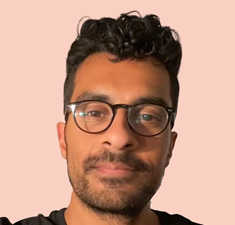 Recently, community pro Danielle Maveal joined Community Signal to discuss her experiences reporting into the product organization at Burb. In this episode, we’re getting the opposite perspective from product leader Gitesh Gohel.
Recently, community pro Danielle Maveal joined Community Signal to discuss her experiences reporting into the product organization at Burb. In this episode, we’re getting the opposite perspective from product leader Gitesh Gohel.
Gitesh and Patrick worked together at CNN, where community reported into product. And while the product and community that they were building were short lived, they both speak highly of their time working together. Gitesh describes creating a team atmosphere where each individual’s expertise was respected and given room to ladder into organizational goals, giving each person the opportunity to see the impact of their work. Patrick shares how this fostered trust in processes and created great experiences for the community and the brand.
If you’re debating a community role that reports into product, this conversation will give you insight into how that can be productive when the team has a strong foundation.
Patrick and Gitesh also discuss:
- Gitesh’s first experience managing community pros as a product leader
- Why community pros should be excited about reporting into product
- The successes and promise of CNN+’s Interview Club
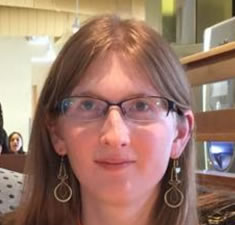 If you’re wondering how you can more actively foster safety and belonging for LGBTQ+ folks in your online community, there’s precedent to learn and borrow from. In this episode of Community Signal, we’re joined by
If you’re wondering how you can more actively foster safety and belonging for LGBTQ+ folks in your online community, there’s precedent to learn and borrow from. In this episode of Community Signal, we’re joined by 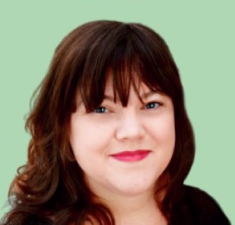 Which team or leader does your community organization report into? And which would you like it to? Community teams can be successful as independent pillars or as part of other verticals, like product, ops, or marketing. In this episode of Community Signal,
Which team or leader does your community organization report into? And which would you like it to? Community teams can be successful as independent pillars or as part of other verticals, like product, ops, or marketing. In this episode of Community Signal, 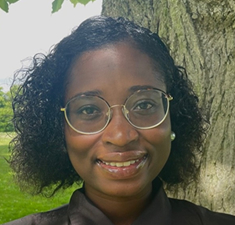 Do you manage an international community? How do you thoughtfully foster community across different continents, languages, and norms?
Do you manage an international community? How do you thoughtfully foster community across different continents, languages, and norms? 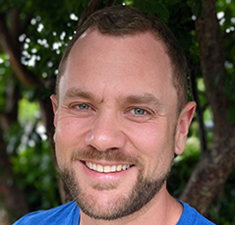 WordPress, the popular open source CMS, powers a reported
WordPress, the popular open source CMS, powers a reported 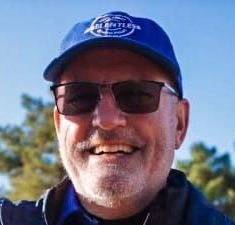 As the former director of community for HuffPost, where he led the management of an active, massive comment section,
As the former director of community for HuffPost, where he led the management of an active, massive comment section, 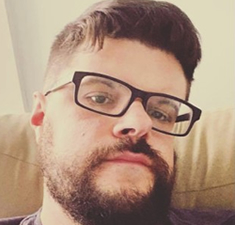 What are the reasons why you would voluntarily end the interview process for a community role? If you give it some thought, you’ll probably come up with some!
What are the reasons why you would voluntarily end the interview process for a community role? If you give it some thought, you’ll probably come up with some!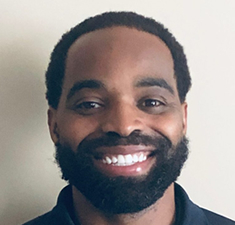 Is speaking one-on-one with your community members part of your community strategy? For
Is speaking one-on-one with your community members part of your community strategy? For 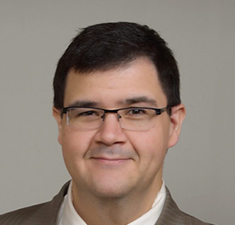 Which community leaders helped you grow as a professional? Who in the industry do you study from or reference? On
Which community leaders helped you grow as a professional? Who in the industry do you study from or reference? On 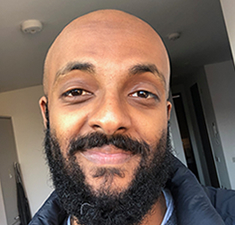 This conversation with
This conversation with